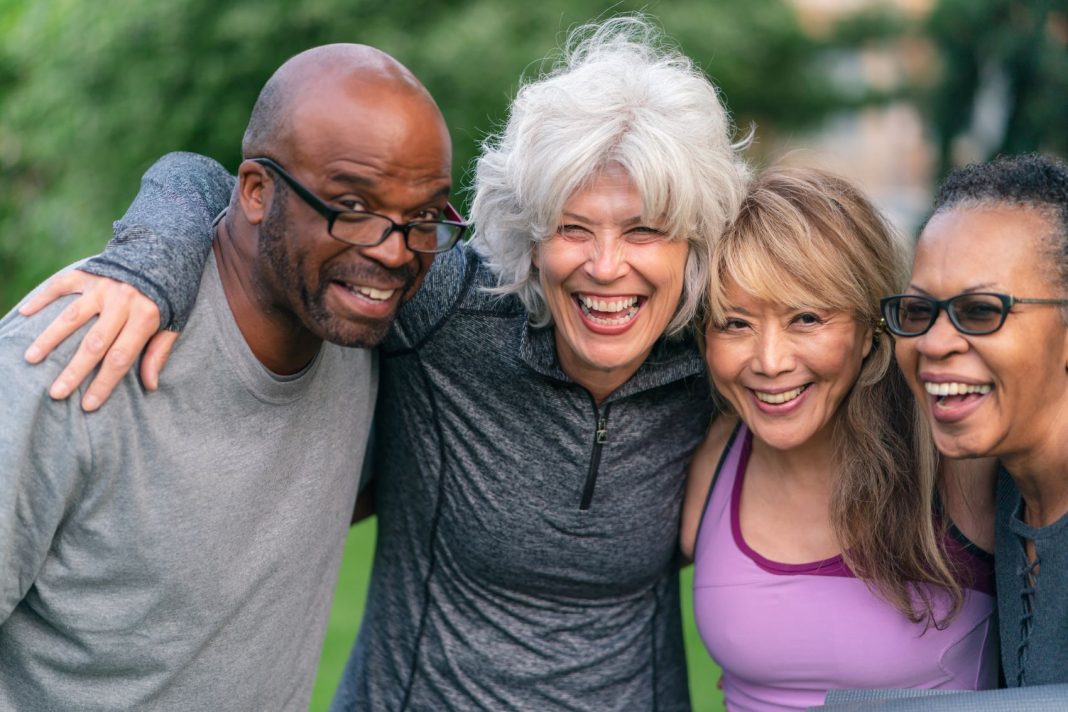Have you heard about 45-year-old tech millionaire Bryan Johnson’s quest to reverse the aging process? He is attempting to wind back the clock by taking supplements, following a strict diet, a tailored exercise regimen and prioritising quality sleep amongst other strategies.
Whilst not many of us will want to go that far in our quest to remain active and well into our later years, I think we can all possibly take something out of Johnson’s mindset.
The power of narrative
Many people, without knowing it, have an inbuilt narrative that says as they get older it’s to be expected that they will have aches and pains, feel tired, and lose movement and strength. These people are more likely to accept a steady decline in their wellbeing.
On the other hand, those who have a ‘use it or lose it’ mentality are much more likely to maintain physical and mental activity and have a better quality of health as they age.
The body responds
What my years working in the health industry have shown me, time and again, is that if we give the body a chance, it will respond.
For example, if you improve the quality of your nutrition then you’re likely to be richly rewarded with better energy, better mental health, less inflammation and pain, better quality sleep and so on. Nutrition is just one lever of many. There are so many opportunities to improve vitality at any age.
Low hanging fruit
Some people are already doing almost everything they can to optimise their wellbeing. You’d have to think most of the athletes at the Paris Olympics are getting the fundamentals right to maximise their performance.
However, for most of us non-Olympians, there is almost always considerable upside available. This is the low hanging fruit that can profoundly change the way you feel. The fundamental drivers of vitality are not mysterious or elusive. We all know how important nutrition, hydration, movement, connection to loved ones, the ability to switch off and relax and quality of sleep are.
Self-care and getting help
Of course, it can take time to change the habits of a lifetime. It’s not easy to become active if you’ve become more and more sedentary. But, and this is the key, the more inactive you’ve been, the more upside you have to explore. Simply starting with 5 minutes of walking or gentle movement a day could have a profoundly beneficial effect.
There are times when you need some help to get going. A trusted health professional can help you better manage pain or health conditions that have been a barrier to movement for example. There are exercise or movement classes for all ages and fitness levels and classes that are tailored to meet specific needs such as arthritis or heart disease.
Sometimes you’ll need help to get the ball rolling but once you have momentum, you’ll mostly be able to self-manage the process. Just remember, the key is to not accept that sliding into decrepitude is simply inevitable, otherwise you’re likely to hasten the process.
Editor’s note: This wellbeing column provides information that is general in nature. Please always refer to your preferred health professional for advice suited to your personal healthcare requirements.



